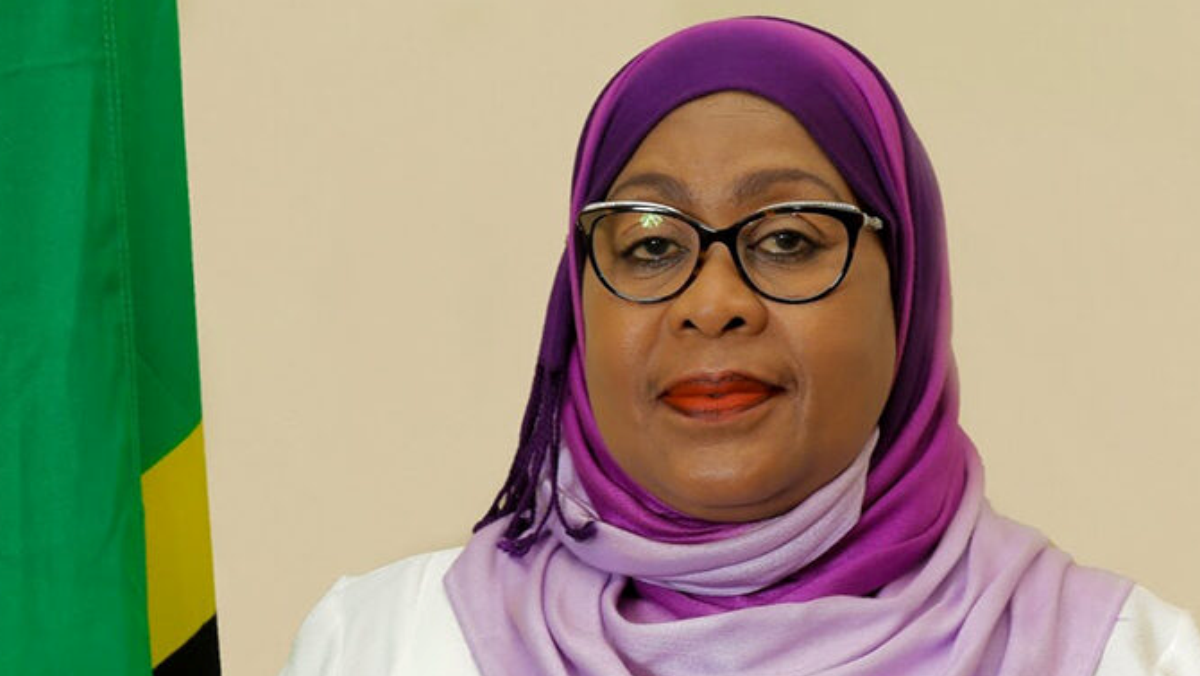(3 Minutes Read)
President Hassan said that, unlike the other countries, Tanzania has made significant strides in road connectivity, both domestically and with those linking the country with its neighbours.
Tanzanian President Samia Suluhu Hassan said that the lack of sufficient road connectivity among African countries remained one of the obstacles to trade prosperity and economic growth on the continent.
President Hassan said that, unlike the other countries, Tanzania has made significant strides in road connectivity, both domestically and with those linking the country with its neighbours.
The Head of State was speaking in Matai Town, the administrative seat of Kalambo District, Rukwa Region, during the launch of the Sh133.2 billion road project stretching from Sumbawanga-Matai-Kasang
The President, who commenced her tour of the region earlier Tuesday, July 16, 2024, inaugurated the Sh4.5 billion Kalambo District administration block that would enable citizens to receive different social services under one roof.
President Hassan said poor road connectivity forces most African countries to opt for product shipment to Europe and the rest of the world instead of trading with neighbouring countries. She said the government incurred huge costs in the construction of one kilometre of tarmac road, noting that the amount was enough to provide two fully furnished healthcare centres.
She warned transporters to avoid speeding, noting that, apart from claiming the lives of innocent citizens, road carnage increases budgetary demands in the health sector. She said previously transporters spent 24 hours travelling the 107.14 kilometres to the Kasanga Port, saying that the road would reduce the travel time to only two hours.
Read Also:
According to her, another Sh1.8 billion was issued to the region in the last three years for the execution of 60 water projects in 106 villages, out of which 43 ventures have been completed.The completion of these water projects, the president said, will significantly increase the access to clean and safe water in the villages to 72 percent, about 13 percent below the 85 percent directed by the CCM election manifesto.





